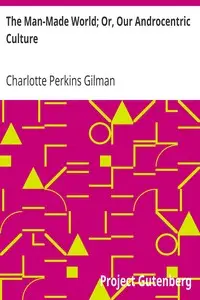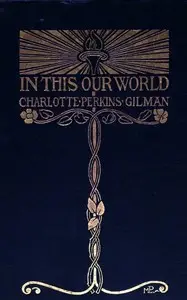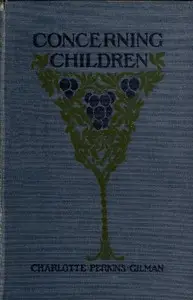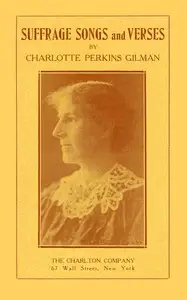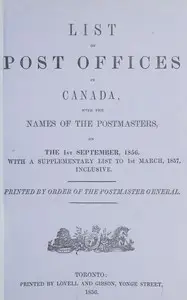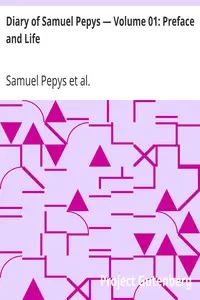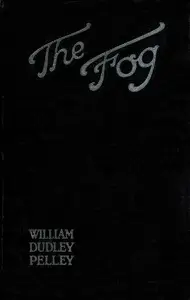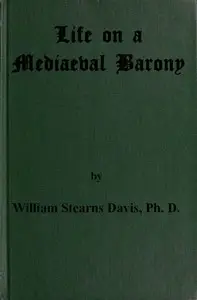"Human Work" by Charlotte Perkins Gilman is a sociological study written in the early 20th century. The text explores the complexities of human social structures and economic processes, focusing on the nature of work and its implications for society. Gilman argues that societal misapprehensions about work and human relationships have led to significant pain and suffering, which can be alleviated through greater understanding and revaluation of labor. The beginning of "Human Work" establishes the premise that social phenomena are crucial yet often poorly understood aspects of modern life. Gilman discusses the persistent human suffering caused by false social concepts and emphasizes the need for a more scientific approach to sociology. She critiques common beliefs about economics and work, asserting that many social problems stem from outdated ideas about labor and human nature. The opening sets the stage for a deeper exploration of the economic processes at play in society, laying the foundation for how these ideas will unfold in subsequent chapters. (This is an automatically generated summary.)
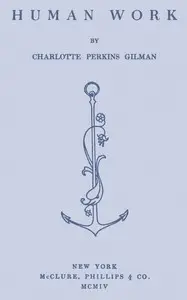
Human Work
By Charlotte Perkins Gilman
"Human Work" by Charlotte Perkins Gilman is a sociological study written in the early 20th century. The text explores the complexities of human social...
Charlotte Perkins Gilman, also known by her first married name Charlotte Perkins Stetson, was an American humanist, novelist, writer, lecturer, early sociologist, advocate for social reform, and eugenicist. She was a utopian feminist and served as a role model for future generations of feminists because of her unorthodox concepts and lifestyle. Her works were primarily focused on gender, specifically gendered labor division in society, and the problem of male domination. She has been inducted into the National Women's Hall of Fame. Her best remembered work today is her semi-autobiographical short story "The Yellow Wallpaper", which she wrote after a severe bout of postpartum psychosis.

